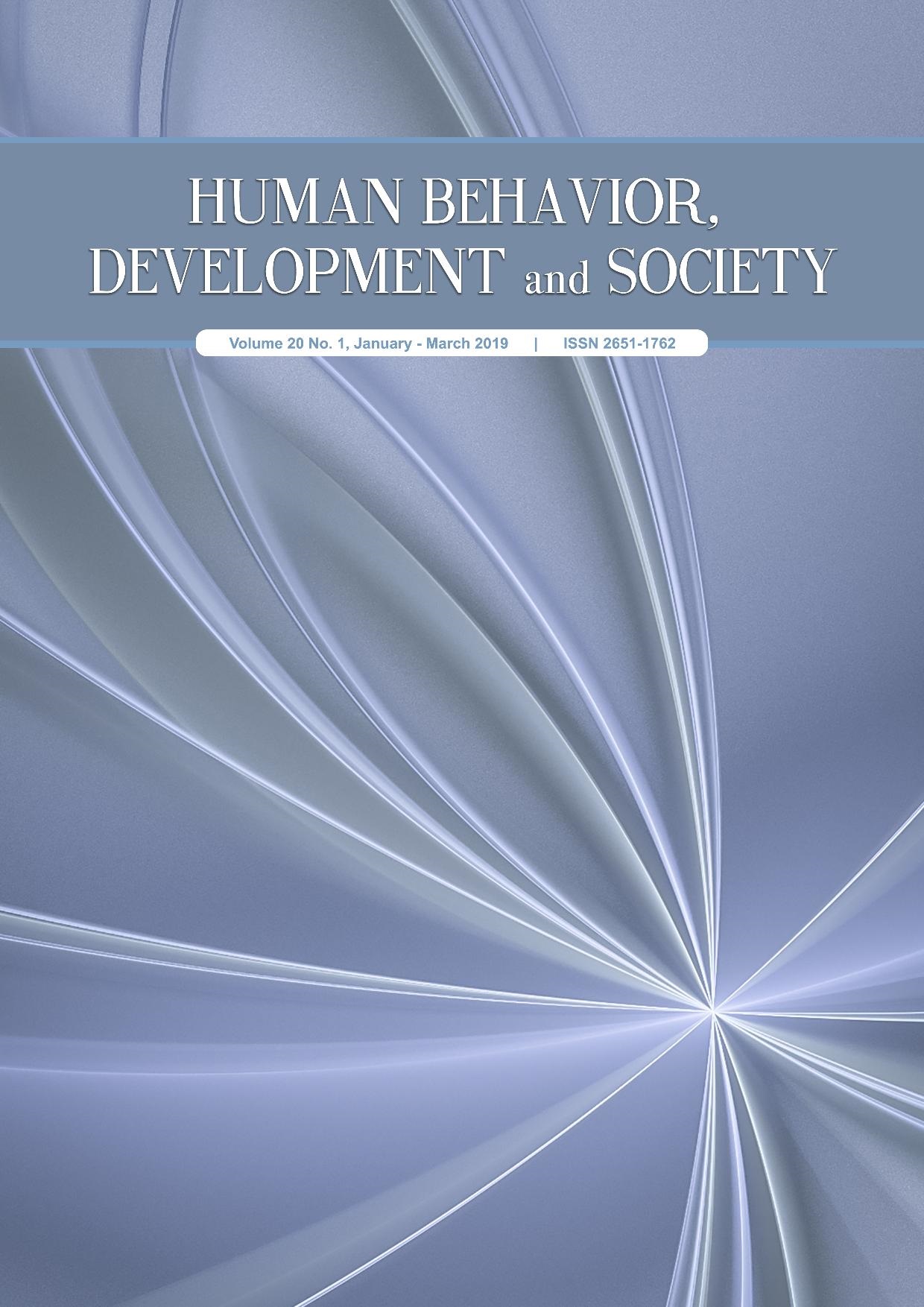A Postcolonial Reading of Merlinda Bobis’ Fish Hair Woman
Main Article Content
Abstract
The paper attempted to uncover the postcolonial underpinnings of Merlinda Bobis’ Fish Hair Woman (2012)–using Ashcroft, Griffith and Tiffin’s The Empire Writes Back (1989)–by considering the novel’s characterization, narrative technique, and significations. A phenomenological type of research was employed, particularly the descriptive-analytical approach in interpreting the novel under study. After careful evaluation and analysis, the study found that the novel may be read and analyzed using postcolonial lenses as mirrored by its characterization, narrative technique, and signification. Further, the study recommends that the novel be further evaluated using diaspora and cultural lenses, and that other diaspora novel written by Filipinos be read using postcolonial perspectives.
Article Details

This work is licensed under a Creative Commons Attribution-NonCommercial-NoDerivatives 4.0 International License.
Copyright: Asia-Pacific International University reserve exclusive rights to publish, reproduce and distribute the manuscript and all contents therein.
References
Ashcroft, B., Griffiths, G., & Tiffin, H. (1989). The empire writes back: Theory and practice in post-colonial literatures. London: Routledge.
Aston, E., & Savona, G. (1991). Theatre as sign-system: A semiotics of text and performance. London and New York: Routledge.
Barayuga, L. (1998). Home and exile in five contemporary novels by Filipinos in America. Unpublished doctoral dissertation, Saint Louis University, Baguio City, Philippines.
Bhabha, H. (1994). The location of culture. London: Routledge.
Bobis, M. (2013). Fish-hair woman. Mandaluyong City, Philippines: Anvil Publishing Inc.
Boehmer, E. (1995). Colonial and postcolonial literature: Migrant metaphors. New York: Oxford University Press.
Campomanes, O. (1992). Filipinos in the United States and their literature of exile. In L. Shirley & L. Amy (Eds.), Reading the literatures of Asian America (pp. 49–78). Philadelphia: Temple University Press.
Davis, R. & Schleifer, R. (1989). Contemporary literary criticism: Literary and cultural studies (2nd ed.). New York: Longman Inc.
Coombes, H. (1987). Literature and criticism. Maryland, USA: Penguin Books Inc.
Culler, J. (1997). Literary theory: A very short introduction. New York: Oxford University Press.
Galang, M. (1999). Her wild American self. U.S.A.: Coffee House Press.
Hirsch, E. Jr. (1967). Validity in interpretation. New Haven: Yale University Press.
Hoy, D. (1978). The critical circle: Literature, history, and philosophical hermeneutics. California: University of California Press.
Madsen, D. L. ed. (2003). Beyond the borders: American literature and post-colonial theory. London and Virginia: Pluto Press.
McMillan J., & Schumacher, S. (1993). Research in education: A conceptual introduction (3rd ed.). New York: Harper Collins College Publisher.
Orehovec, B., & Alley, M. (2003). Revisiting the reading workshop: A complete guide to organizing and managing an effective reading workshop that builds independent, strategic readers (Illustrated edition). Scholastic Inc. p. 89.
Said, E. (1978). Orientalism. New York: Pantheon Books.
San Juan, E. (1994). Allegories of Resistance: The Philippines at the threshold of the twenty-first century. Quezon City: University of the Philippines Press.
Turbo, A. (2012). Re(dis)covering Filipino identity: A counter-colonial reading on selected short stories in English. Unpublished thesis, Philippine Normal University, Manila, Philippines.

